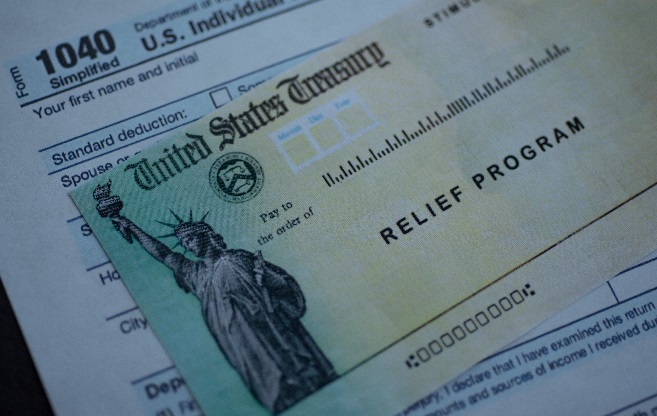On December 27, 2020, President Trump signed the Consolidated Appropriations Act, 2021 (the “Act”) into law, which funds the government for 2021. Tax-related provisions include temporary and permanent extensions of expiring tax credits and provisions and a temporary revival of the 100% business meals deduction. The Act is one of the largest spending measures ever passed by Congress (ahead of the CARES Act earlier this year).
Note, this Tax Alert only addresses the non-COVID-related provisions of the Act. For a discussion of the COVID provisions, please see our Tax Alert released on December 22, 2020, which is entitled “2021 Spending Bill – COVID Provisions (Part 1).”
Temporary Provisions and Extensions
Beginning in 2018, the TCJA disallowed the business deduction for entertainment expenses and capped the business deduction for meal expenses at 50%. For 2021 and 2022, the Act increases to 100% the deduction for business meal food and beverages provided by restaurants (including carry-out or delivery meals).
For taxpayers that do not itemize deductions, the CARES Act provided an additional $300 above-the-line deduction for cash contributions to charities. For individuals who itemize, the CARES Act suspended the 60%-of-AGI limitation on cash contributions to a public charity. For corporations, the CARES Act increased the 10% limitation to 25%.
The Act extends, through 2021: the additional $300 above-the-line deduction for non-itemizers (and doubles it to $600 for joint filers); the suspension of the AGI limitation for cash gifts by individuals; and the increased 25% limitation for contributions by corporations.
Other temporary extenders, through 2021, include: (1) a credit of between $4,000 and $40,000 for the purchase of a new qualified fuel cell motor vehicle; and (2) a 30% credit for the cost of installing non-hydrogen alternative vehicle refueling property (up to a maximum of $30,000 per year for use in trade or business).
Provisions Made Permanent
The Act makes permanent the following temporary tax provisions:
- Individuals (regardless of age) can claim an itemized deduction for unreimbursed medical expenses that exceed 7.5% of AGI.
- 179D deduction that ranges from $0.60 to $1.80 per square foot for energy efficient improvements to lighting, heating, cooling, ventilation, and hot water systems of commercial buildings.
Provisions Extended Through 2025
The Act extends, through 2025, the following tax provisions:
- The look-through rule for payments of royalties, dividends, rent, and interest between related controlled foreign corporations (“CFCs”); such payments are not treated as foreign personal holding income and thus are not immediately taxable if certain conditions are met.
- Employer contributions of up to $5,250 annually to pay for an employee’s student loans and other educational assistance (i.e., tuition, fees, and books) are excluded from the employee’s gross income.
- Exclusion from gross income for discharge of qualified principal residence debt; however, maximum exclusion is reduced from $2 million to $750,000.
- A deduction of up to $15 million for qualified film, TV, and theatrical productions.
- Employer credit of up to 12.5% of eligible wages paid for providing employees with paid family and medical leave.
In addition, the following tax credits were extended through 2025:
- New Markets Credit of 39% of capital invested in a “qualified community development entity” that serves or develops low-income communities, subject to 7-year spread with carryover through 2030.
- Work Opportunity Credit for wages paid to an employee who is a member of one or more of ten targeted groups, subject to cap that ranges from $1,200 to $9,600 per employee for first year wages.
- Empowerment Zone tax incentives, such as the 20% wage credit for hiring individuals who live and work in a zone; however, the Act terminates the more favorable Sec. 179 expensing rules and nonrecognition of gain from the sale of certain zone assets.
The Act contains other industry-specific tax provisions for renewable and alternative energy, as well as disaster tax relief provisions. For questions specific to this Tax Alert, please contact any of the following individuals:
Name: Meghan Andersson, JD, LLM, CM&AA
Office: Irvine, CA
Phone: (949) 623-0542
Email: [email protected]
Name: Jason Borkes, CPA, CM&AA
Office: Irvine, CA
Phone: (949) 623-0516
Email: [email protected]
Name: Mark Cook, MBA, CPA, CGMA
Office: Irvine, CA
Phone: (949) 623-0478
Email: [email protected]

